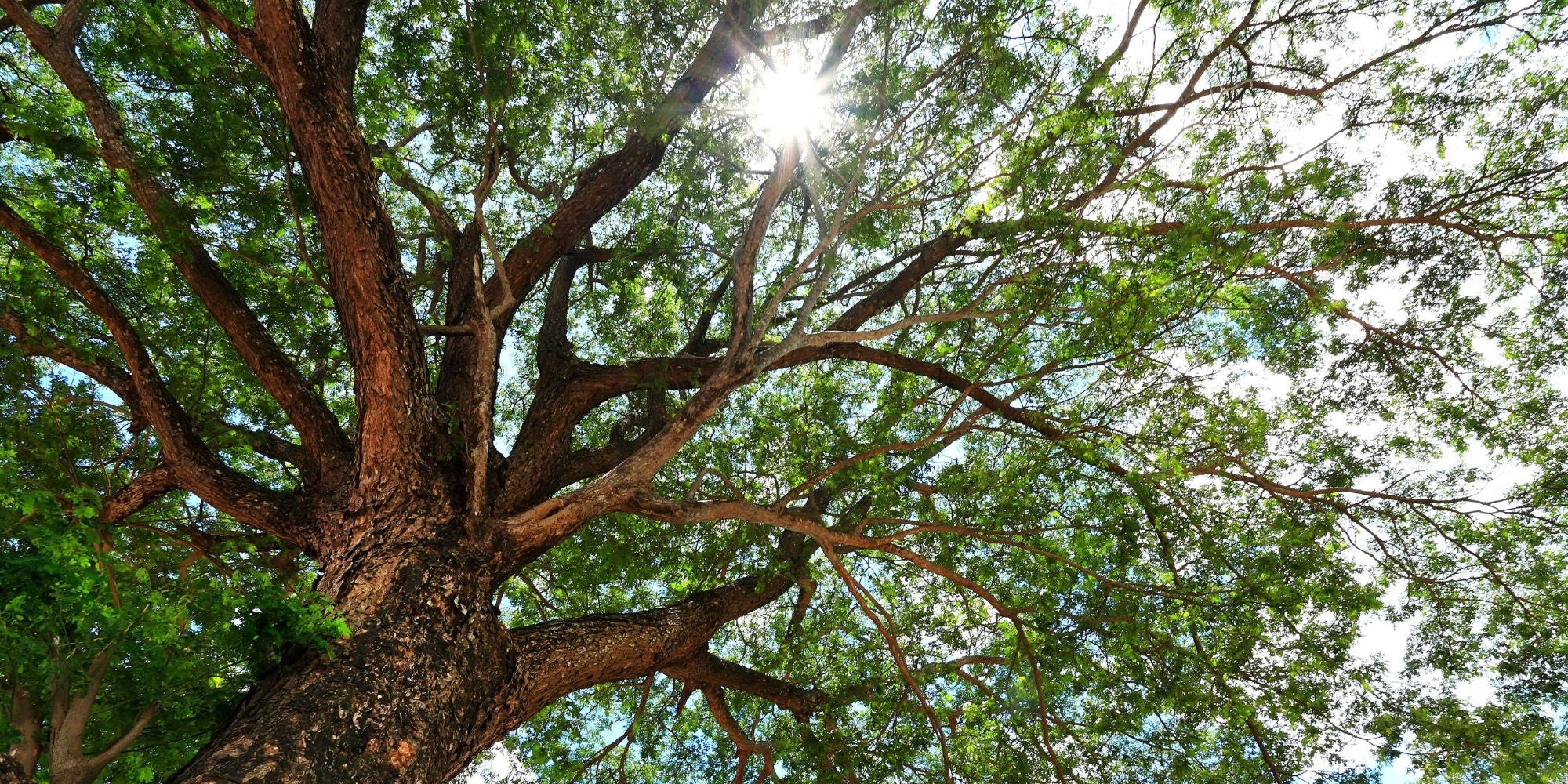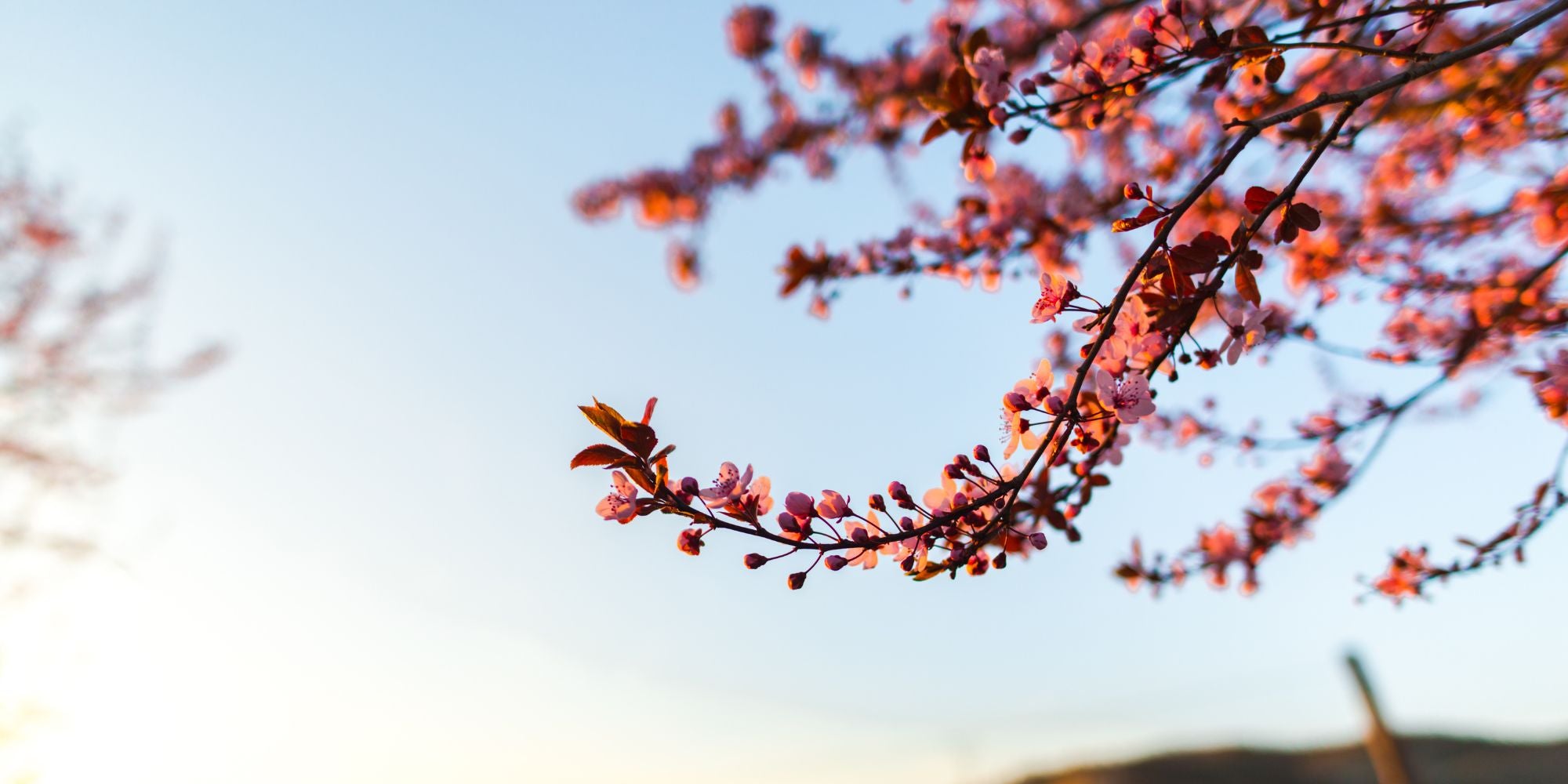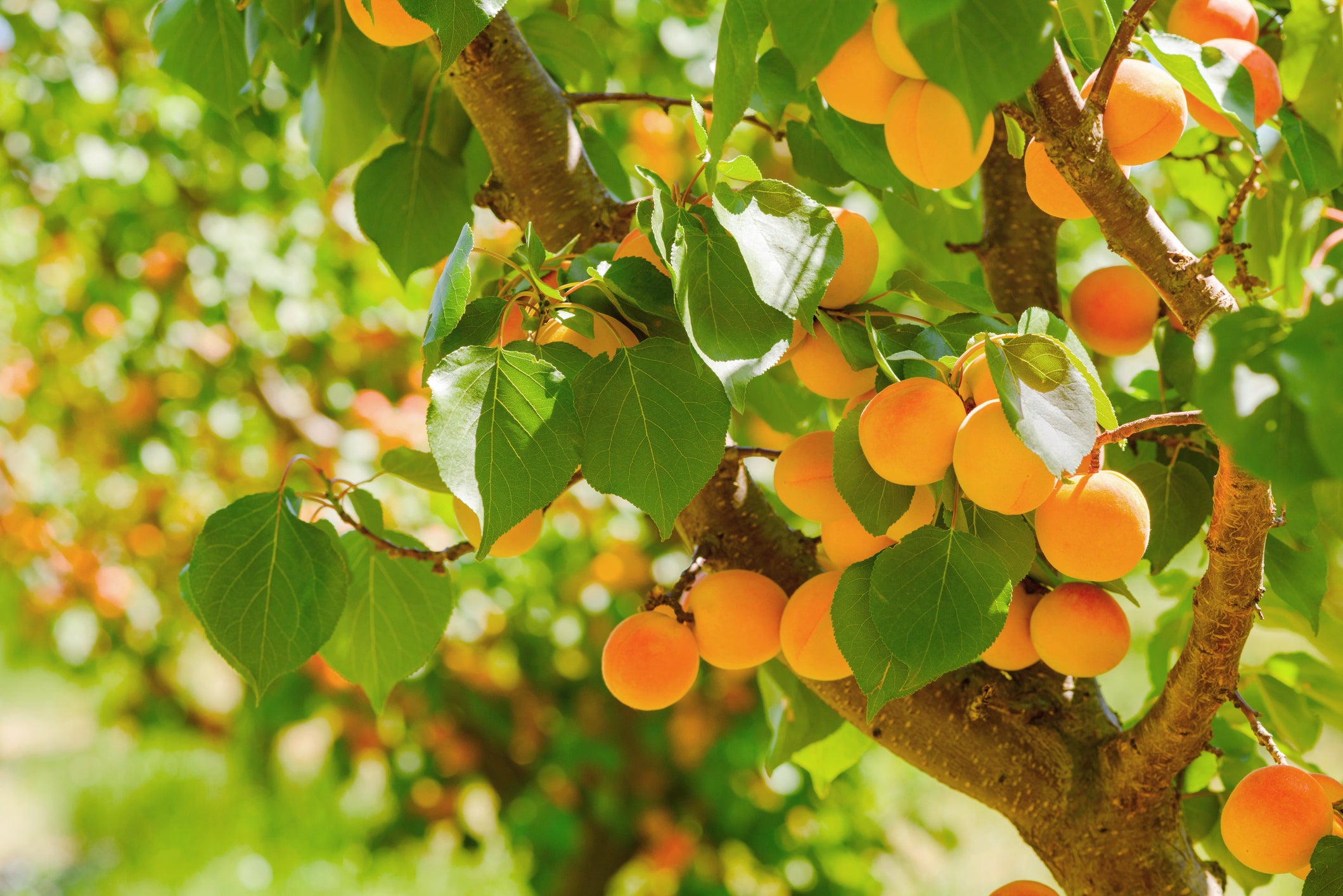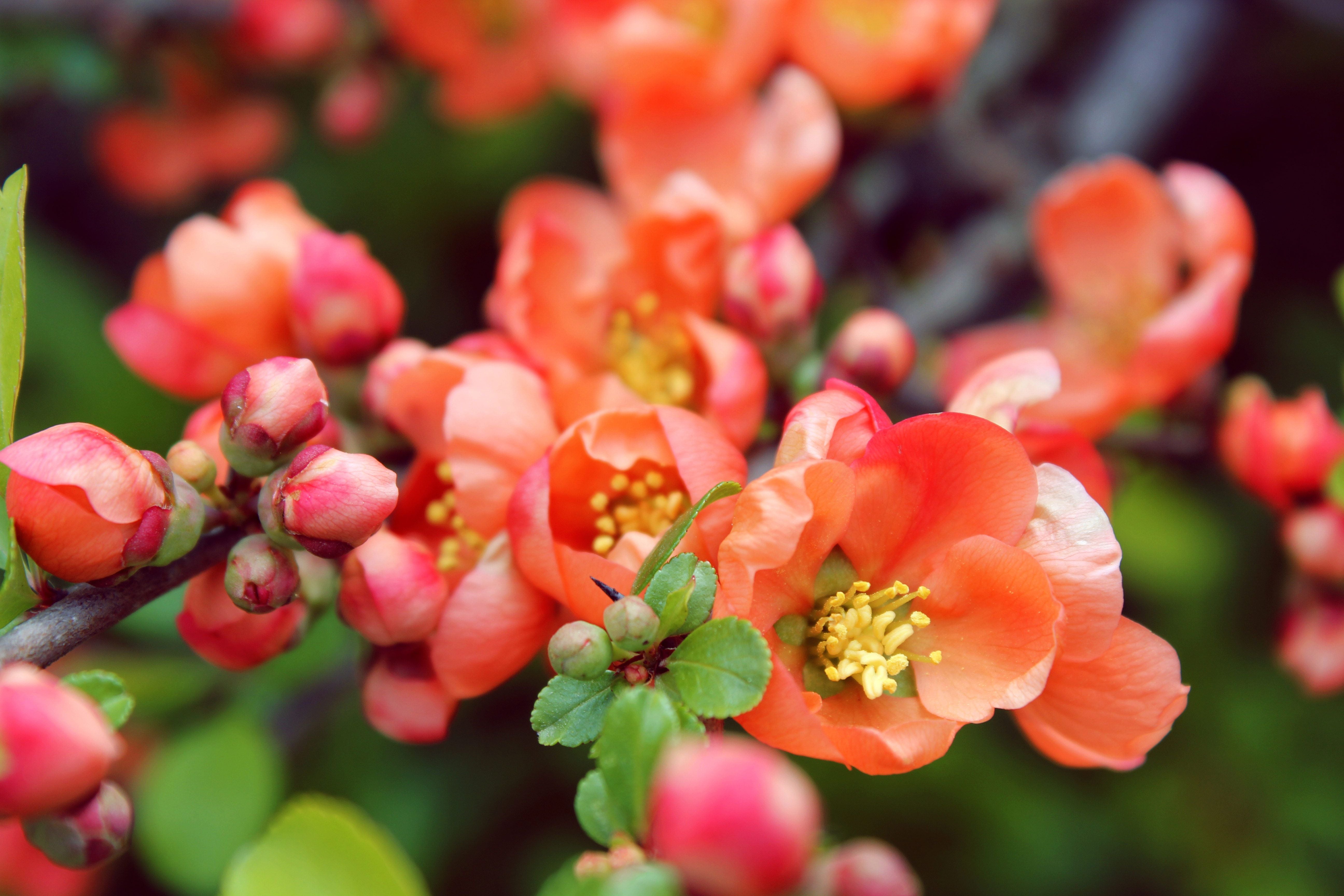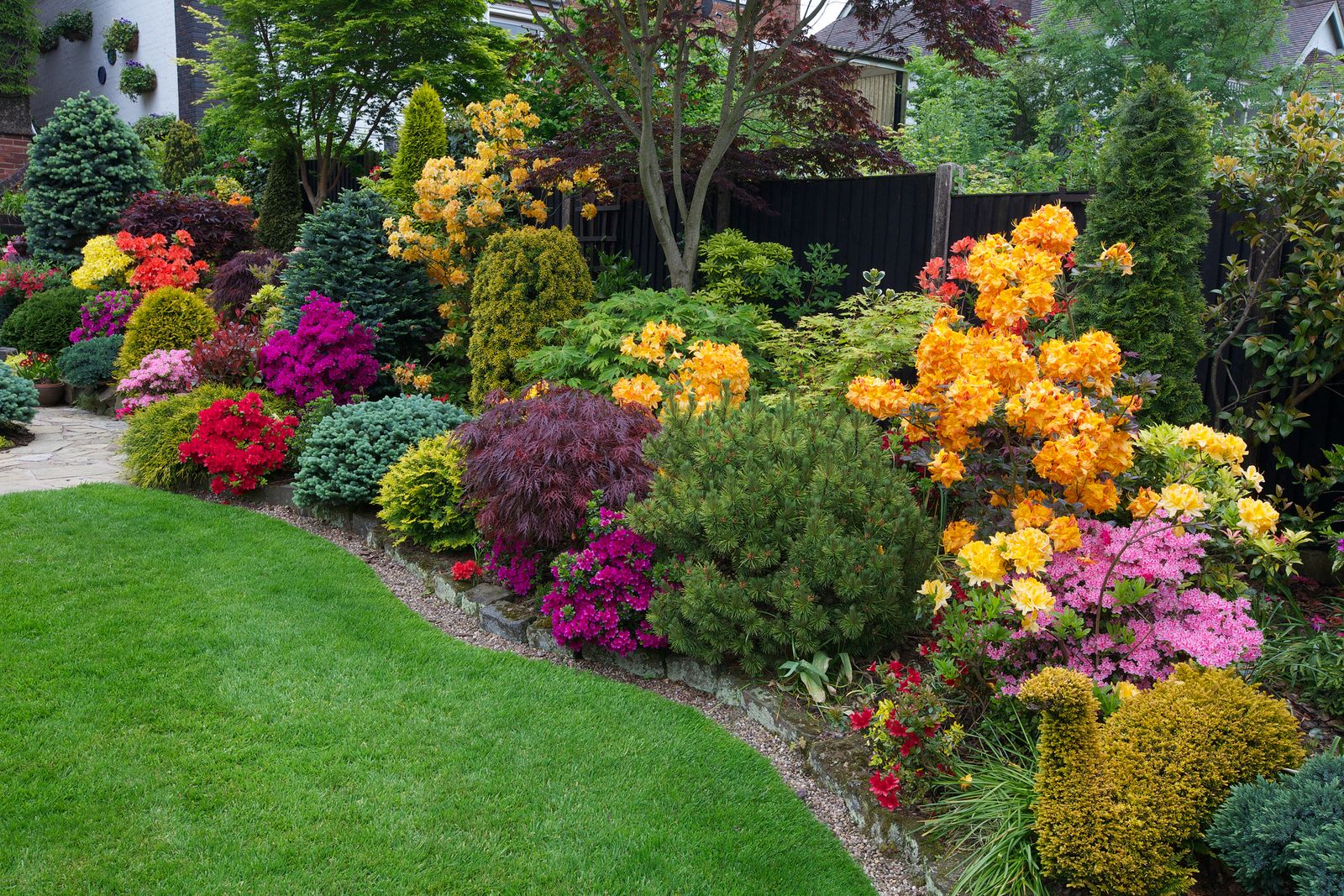6 Types Of Fruit Trees To Grow In Your Garden
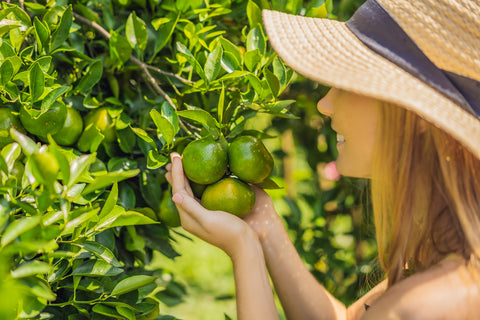
Planting fruit trees in your garden opens up a world of possibilities for fresh, home-grown produce. Not only do fruit trees provide delicious fruits for you and your family to enjoy, but they also add beauty and biodiversity to your outdoor space.
Whether you're a seasoned gardener or just starting out, there are numerous options to choose from that will thrive in your garden environment. Let's explore some of the most popular types of fruit trees and how you can successfully grow them in your own backyard.
Apple Trees
Apple trees are a classic choice for any garden, offering a wide range of flavorful fruits and stunning blossoms in the spring. With so many types of apple trees available, you can easily find varieties that suit your taste preferences and climate. Whether you prefer sweet or tart-tasting apples, there's an apple tree variety that's perfect for you.
When planting apple trees, choose a sunny spot with well-drained soil, and be sure to provide adequate space for them to grow. Pruning is essential for maintaining healthy apple trees and encouraging fruit production, so be prepared to invest some time and effort into this task. With proper care, your apple trees will reward you with bountiful harvests for years to come.
Citrus Fruit Trees
Citrus fruit trees, including oranges, lemons, and limes, are prized for their vibrant colors, fragrant blossoms, and delicious vitamin-rich fruits. From juicy oranges to tangy lemons, citrus trees offer a wide range of fruits that are both delicious and nutritious.
These trees thrive in warm, sunny climates and are well-suited to Mediterranean and subtropical regions. For gardeners in warmer climates, citrus trees are an excellent choice for adding a touch of tropical flair to your garden. With their glossy evergreen leaves and fragrant blossoms, citrus trees also make attractive additions to any garden landscape.
When growing citrus trees, it's important to provide them with plenty of sunlight, well-drained soil, regular watering, and occasional fertilization. In cooler climates, consider planting citrus trees in pots or containers that can be brought indoors during the winter months to protect them from freezing temperatures.
When selecting citrus fruit trees for your garden, consider factors such as cold hardiness, fruiting habits, and disease resistance. Varieties like 'Meyer' lemon and 'Satsuma' mandarin are popular choices for home gardeners due to their reliable fruit production and excellent flavor.
Exotic Fruit Trees
For adventurous gardeners looking to add a unique touch to their landscape, exotic fruit trees offer an exciting array of options. From tropical treats like lychees and guavas to lesser-known gems like persimmons and pomegranates, exotic fruit trees can add intrigue and diversity to your garden.
When growing exotic fruit trees, it's important to research their specific growing requirements and provide them with the proper attention and care. Many exotic fruits require warm, humid conditions and may not be well-suited to cooler climates. However, some varieties, like cold-hardy persimmons and pomegranates, can be grown in a wider range of environments.
Exotic fruit trees may take several years to reach maturity and produce fruit, so patience is key. However, the unique flavors and textures of these fruits make them well worth the wait.
With a variety of exotic fruit trees in your garden, you can create a truly one-of-a-kind landscape.
Pear Trees
Pear trees are prized for their stunning blossoms in the spring and bountiful harvests of sweet, juicy fruit in the late summer and fall. These elegant trees add beauty and productivity to any garden landscape.
When selecting pear trees for your garden, consider factors such as climate suitability, pollination requirements, and fruiting habits. Some popular varieties include 'Bartlett', 'Anjou', and 'Bosc', each offering unique flavors and textures.
Pear trees thrive in temperate climates with well-drained soil and full sun exposure. They are best planted in slightly acidic soil and benefit from regular watering during the growing season. Proper pruning is also essential to maintain tree health and encourage fruit production.
The majority of pear tree varieties need to be cross-pollinated with another compatible type to produce fruit, so make sure you plant at least two different varieties within close proximity. Some varieties, like 'Conference' and 'Doyenne du Comice', are partially self-fertile and may produce fruit with only one tree present.
With good maintenance and attention, pear trees can begin bearing fruit within three to five years of planting. Harvesting should be done when the fruit is firm but slightly yielding to gentle pressure near the stem. Pears will continue to ripen off the tree and can be stored in a cool, dark place for several weeks.
Stone Fruit Trees
Stone fruit trees, including varieties like peaches, plums, and cherries, are beloved for their juicy, flavorful fruits and stunning blossoms. They are named ‘stone’ fruits due to their large stone-like pits in the center of the fruit. These trees thrive in temperate climates and require well-drained soil and plenty of sunlight to produce abundant harvests.
When selecting stone fruit trees for your garden, consider the specific requirements of each variety. Peaches, for example, prefer warm, sheltered locations with good air circulation to prevent fungal diseases. Plums are more adaptable and can tolerate a wider range of growing conditions, making them suitable for a variety of garden environments.
Cherry trees, with their vibrant blooms and delicious fruits, are another popular choice for home gardeners. There are two main types of cherries: sweet cherries, which are enjoyed fresh, and sour cherries, which are often used in cooking and baking. Depending on your preferences and growing conditions, you can choose from a wide range of cherry tree varieties, each with its own unique flavor profile and growing requirements.
Tropical Fruit Trees
For gardeners in warmer climates or those with access to a greenhouse or indoor growing spaces, tropical fruit trees offer an exciting array of options. From exotic fruits like mangoes and avocados to more familiar favorites like bananas and papayas, tropical fruit trees can turn your garden into a tropical paradise.
Mulberry trees are a variety that’s cherished for their delectable red, black, or white berries, which boast a unique blend of sweet and tart flavors. These trees are also prized for their ornamental value, with distinctive foliage and graceful, arching branches.
When growing tropical fruit trees, it's important to mimic their native growing conditions as closely as possible. This may involve providing supplemental heat, humidity, and shelter from strong winds. In cooler climates, tropical fruit trees can be grown in containers and brought indoors during the winter months to protect them from frost and cold temperatures.
Growing Fruit Trees from Tristar Plants
Cultivating a diverse array of fruit trees in your garden can bring joy, beauty, and delicious harvests for years to come. From the classic apple and peach trees to the exotic fig and mulberry, there's a fruit tree suited to every garden and gardener that you can get at Tristar Plants.
We have many wonderful varieties that can thrive in your garden with just some love, care, and patience. By carefully selecting and nurturing the right fruit tree varieties, you can create a thriving garden ecosystem that will delight the senses and nourish your body.
So roll up your sleeves, dig into the earth, and plant those seeds of abundance – your future self will thank you for the fresh berries and juicy harvests that lie ahead.


